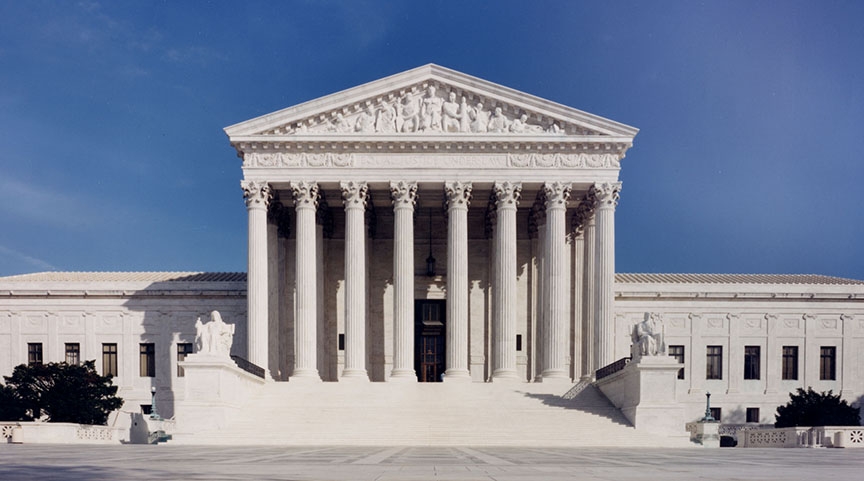
Supreme Court Decision A Blow To FTC, SEC

Unanimous ruling allows businesses to sue over alleged constitutional violations of their oversight.
The U.S. Supreme Court issued an opinion Friday that will allow businesses to sue the Federal Trade Commission (FTC) and the Securities and Exchange Commission (SEC) over alleged constitutional violations in their oversight of key sectors of the economy.
The decision comes as the FTC is seeking an injunction to halt the sale of Black Knight Inc. to Intercontinental Exchange Inc. (ICE).
The unanimous decision, which dealt with two related cases — Axon Enterprise vs. FTC and SEC vs. Cochran — highlights the court's increasing skepticism toward administrative tribunals run by federal agencies.
Plaintiffs in both cases argued that administrative law judges are too difficult for the president or his appointees to remove, violating the separation of powers laid out in the Constitution. The court did not take the cases to resolve that constitutional debate, but rather to resolve a procedural question.
The justices said that people being subjected to administrative proceedings can seek to "enjoin," or block, those proceedings by suing in U.S. district court and raising constitutional arguments there.
The decision is significant because it allows parties to seek relief in district court before they lose in administrative proceedings, which can be a lengthy and costly process. This could give businesses more leverage in negotiations with regulators and help level the playing field in disputes with federal agencies.
Writing for the court, Justice Elena Kagan said all the relevant factors "point in the same direction — toward allowing district court review of … claims that the structure, or even existence, of an agency violates the Constitution."
Kagan wrote that the FTC isn't well-suited to deciding constitutional questions about its own power. "The Commission knows a good deal about competition policy, but nothing special about the separation of powers," she wrote.
Watch The Interest
The FTC and SEC argued that parties to administrative proceedings must wait to lose at the agency tribunal before they can raise constitutional questions in federal court. However, the Supreme Court rejected this argument, saying that it would be more efficient to allow parties to raise constitutional arguments in district court before they spend time and resources litigating in administrative proceedings.
The FTC case dates to 2018, when Axon Enterprise said it was buying a smaller competitor in the market for police body cameras, Vievu LLC, for $13 million. In January 2020, the FTC brought an administrative action to unwind the consummated merger, saying the deal had lessened competition in an already concentrated industry. Axon raised constitutional arguments about the FTC's structure more broadly, arguing that the agency tramples on due-process rights by combining "investigatory, prosecutorial, adjudicative, and appellate functions within a single agency."
The SEC case involved Michelle Cochran, an accountant accused of professional misconduct, who disputed the commission's ability to bring an enforcement action seeking to suspend her in its administrative law court. Cochran argued that the SEC's in-house courts were unconstitutional because their judges could not be easily removed by the president or his appointees. She was aided by a Supreme Court ruling in 2018 that found the government's practice for hiring SEC administrative-law judges to be defective.
The decision by the Supreme Court is a win for businesses and could have far-reaching implications for how federal agencies operate. By allowing parties to raise constitutional questions in district court before they lose in administrative proceedings, the decision could give businesses more leverage in disputes with regulators and help ensure that federal agencies are held accountable for their actions.




